Advanced Micro Devices Inc
AMDToday
+8.28%
5 Days
-11.95%
1 Month
-2.76%
6 Months
+27.78%
Year to Date
-2.67%
1 Year
+89.22%
TradingKey Stock Score of Advanced Micro Devices Inc
Currency: USD Updated: 2026-02-06Key Insights
Advanced Micro Devices Inc's fundamentals are relatively very healthy, with an industry-leading ESG disclosure.and its growth potential is high.Its valuation is considered fairly valued, ranking 56 out of 104 in the Semiconductors & Semiconductor Equipment industry.Institutional ownership is very high.Over the past month, multiple analysts have rated it as Buy, with the highest price target at 279.59.In the medium term, the stock price is expected to trend down.Despite an average stock market performance over the past month, the company shows strong fundamentals and technicals.The stock price is trading sideways between the support and resistance levels, making it suitable for range-bound swing trading.
Advanced Micro Devices Inc's Score
Support & Resistance

Score Analysis
Media Coverage
Advanced Micro Devices Inc Highlights
Analyst Rating
Advanced Micro Devices Inc News
AMD Stock Surges 4% Before Earnings: What’s Powering the Optimism?
TradingKey - That Advanced Micro Devices (AMD) has become a market darling once again is evident. On Monday, shares in the chipmaker climbed 4 per cent, just 24 hours before its Tuesday afternoon earnings release. The rally followed a week in which the stock notched its seventh consecutive session o
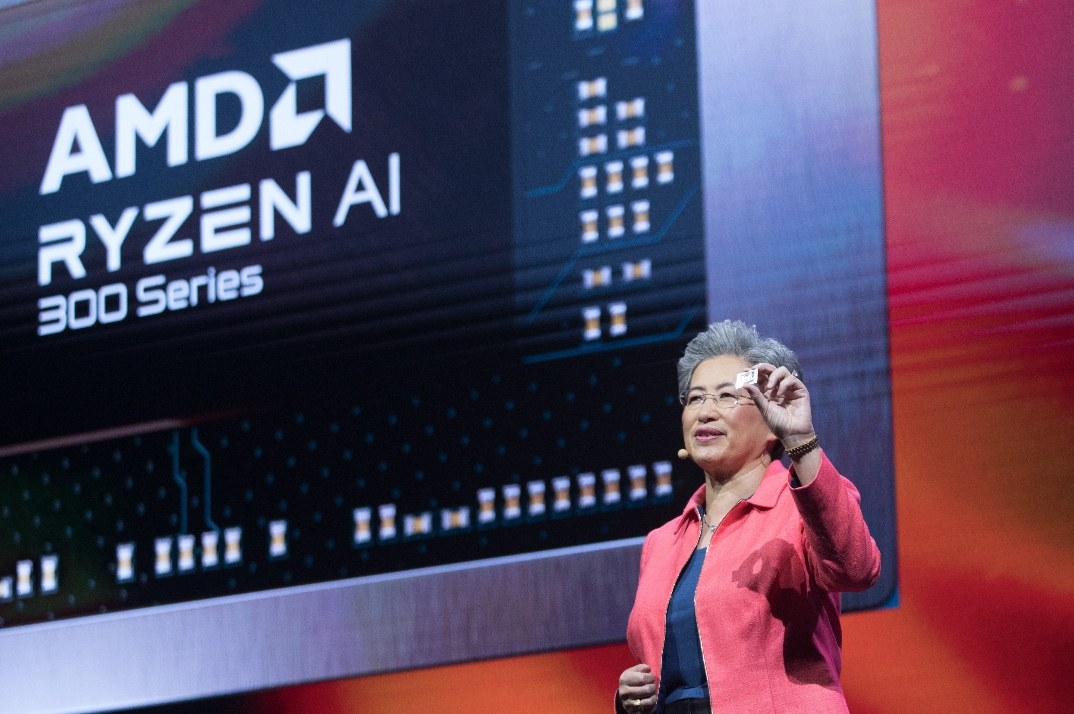
AMD Q4 Earnings Preview: A Script This Perfect – Can the Stock Still Top It?
TradingKey - AMD’s Q4 may look great on paper—but this deep dive shows how one OpenAI bet, soaring memory prices, and a stretched valuation could quickly flip the script.

The Week Ahead: U.S. January Nonfarm Payrolls to Be Released; Google, Amazon, AMD Earnings to Be the Focus
TradingKey - Mega-cap tech stocks including Alphabet (GOOGL), Amazon (AMZN), AMD (AMD), Palantir (PLTR), and Qualcomm (QCOM) are set to report earnings this week. Investors will focus primarily on the financial results and capital expenditure plans of AI-focused leaders Google and Amazon.
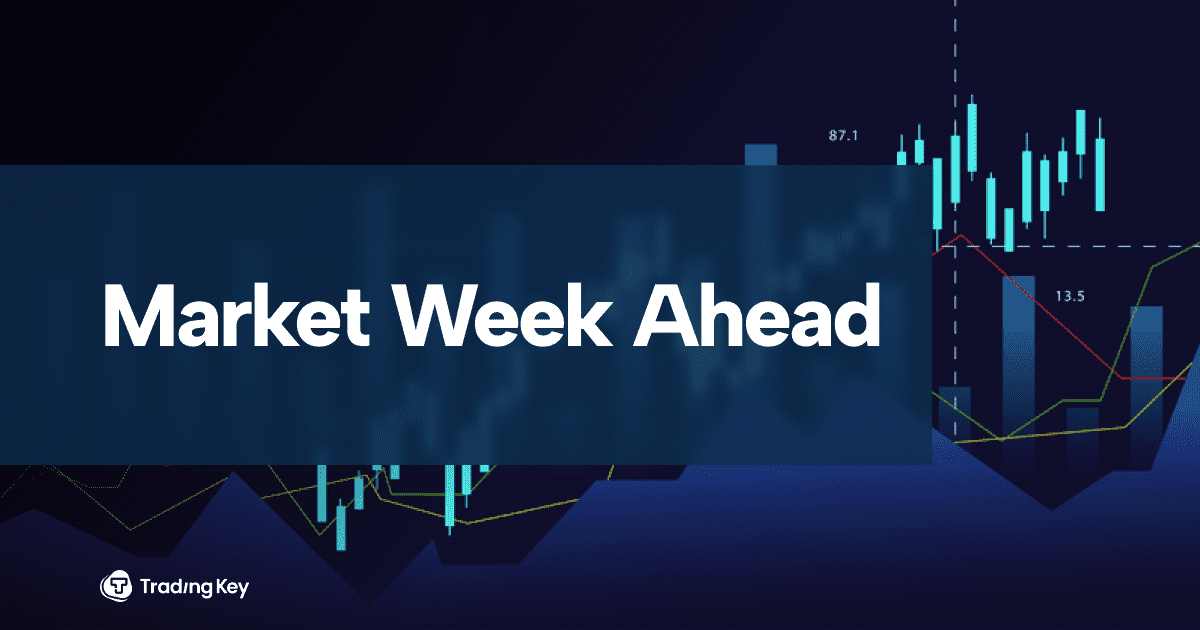
AGI Approaches: 2026 May Be Artificial Intelligence Turning Point, Musk Warns White-Collar Class Will Bear the Brunt
TradingKey — Have you noticed that the pace of artificial intelligence evolution is exceeding the limits of human intuitive perception? From the debut of ChatGPT to the rapid rise of multimodal AI systems, the development of AI technology has demonstrated a non-linear, exponential acceleration in ju
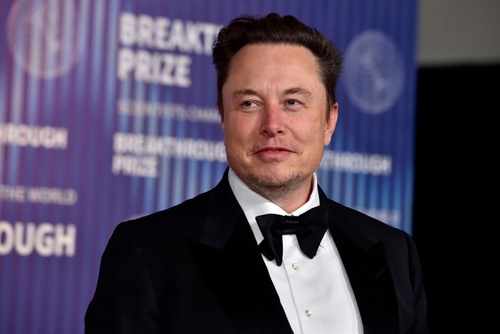
AI Chip Tariffs and TSMC’s Earnings Beat Fuel 2026’s Hardest-Hitting Semiconductor Rally
TradingKey - TSMC’s (TSM) latest quarterly earnings report shows that profit grew sharply, significantly exceeding market expectations on the back of robust demand for AI hardware, propelling its share price up by more than 4% in overnight trading.
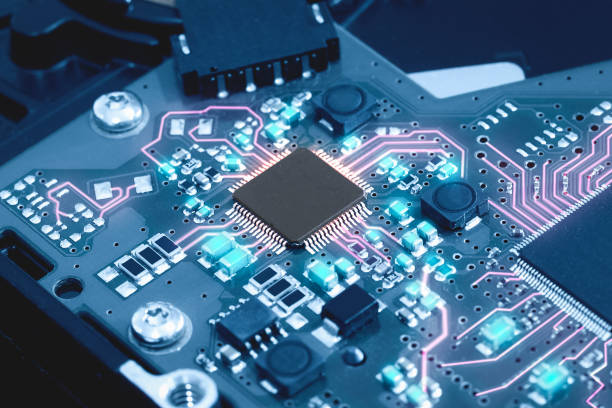
Intel Finally Reaps AI Dividend? Stock Hits 2-Year High as Analysts Raise Target to $60
TradingKey - Intel shares rose 7.3% on Tuesday to hit a nearly two-year high. The rally was primarily driven by a bullish research report released by KeyBanc Capital Markets on January 13, in which the investment bank upgraded Intel to "Overweight" and set a price target of $60, implying an upside o
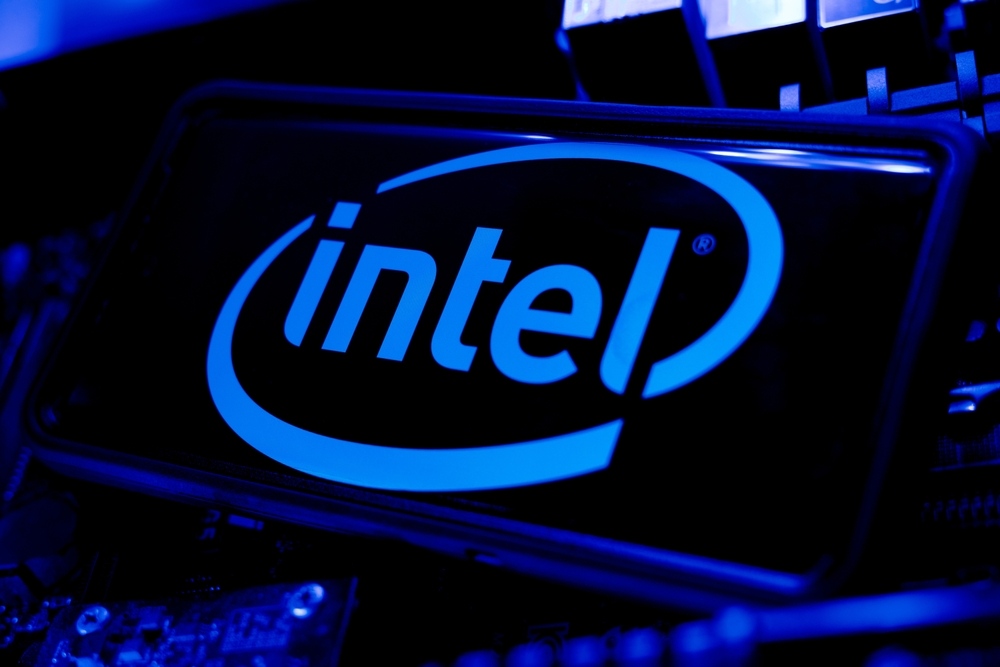
Financial Indicators
EPS

Total revenue

Advanced Micro Devices Inc Info
Related Instruments
Popular Symbols


